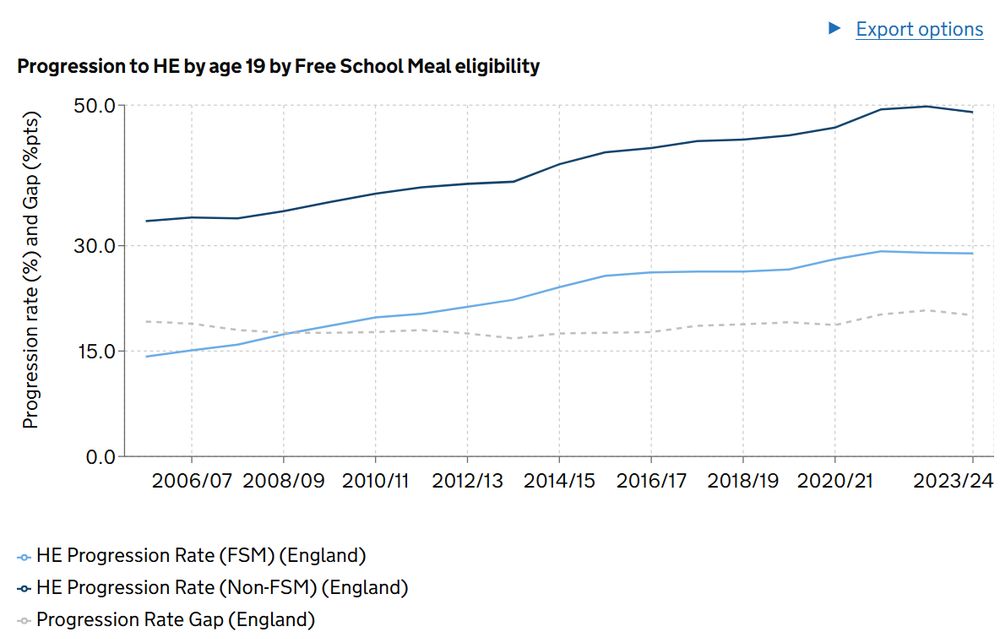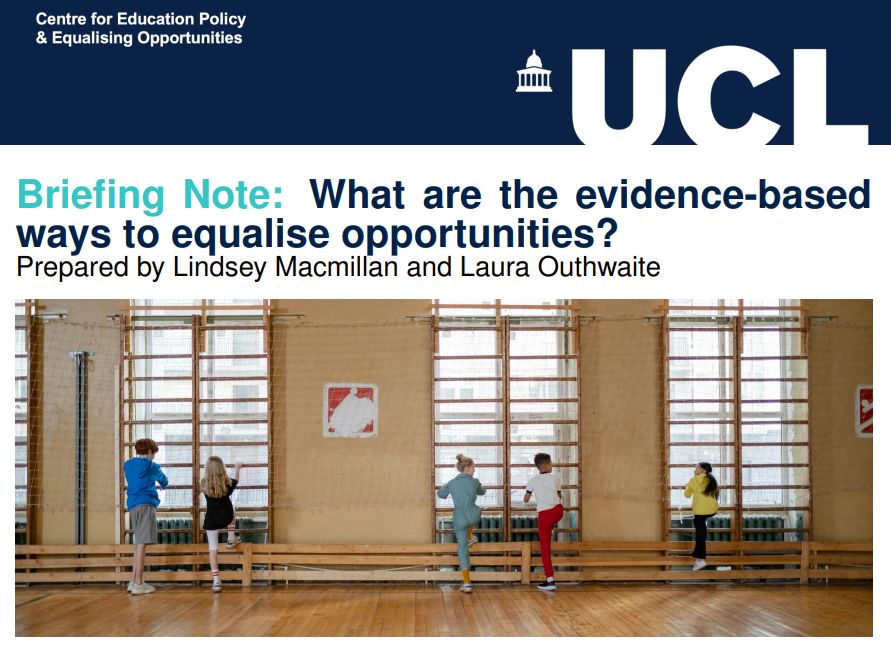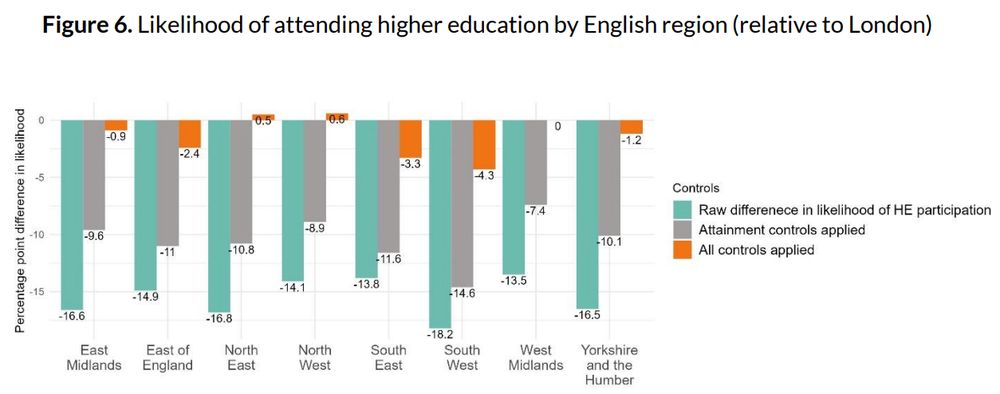Paul Martin
@paul-ed-martin.bsky.social
980 followers
110 following
60 posts
Senior Research Fellow @cepeo-ucl.bsky.social at UCL Institute of Education, widening participation and social mobility
https://profiles.ucl.ac.uk/95210-paul-martin
Posts
Media
Videos
Starter Packs
Reposted by Paul Martin
Paul Martin
@paul-ed-martin.bsky.social
· Jul 31
Paul Martin
@paul-ed-martin.bsky.social
· Jul 31
Paul Martin
@paul-ed-martin.bsky.social
· Jun 19
Paul Martin
@paul-ed-martin.bsky.social
· Jun 19
Paul Martin
@paul-ed-martin.bsky.social
· Jun 18

Examining the relationship between ethnicity, school attainment and higher education participation in England
Analyses of administrative data have revealed that during the 1990s and early twenty-first century, young people in England from ethnic minority backgrounds appeared to have a greater propensity to...
doi.org
Reposted by Paul Martin
Paul Martin
@paul-ed-martin.bsky.social
· Apr 16
Reposted by Paul Martin
Paul Martin
@paul-ed-martin.bsky.social
· Apr 14

Data Insight: Investigating the relationship between higher education participation, personal characteristics and area of residence among school or college leavers
This Data Insight investigates the extent to which the personal characteristics and area of residence of school or college leavers in England have a bearing ...
www.adruk.org
Paul Martin
@paul-ed-martin.bsky.social
· Apr 14
Paul Martin
@paul-ed-martin.bsky.social
· Apr 14
Paul Martin
@paul-ed-martin.bsky.social
· Apr 14
Paul Martin
@paul-ed-martin.bsky.social
· Apr 14
Reposted by Paul Martin











